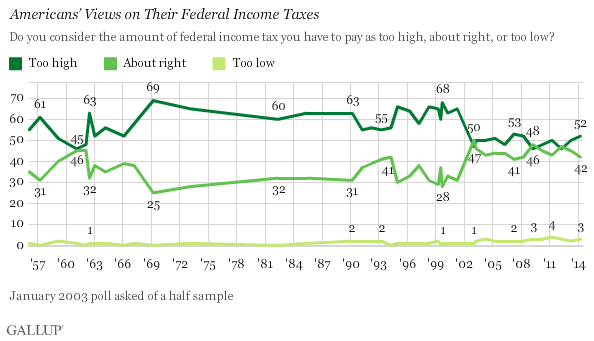Republicans say e-mails released Tuesday on the attack in Benghazi, Libya, include "the smoking gun" that shows a White House official urged that the assault on the U.S. consulate be blamed on a protest that never happened.
The e-mails, obtained by conservative watchdog group Judicial Watch through a Freedom of Information Act request, include one in which White House official Ben Rhodes lists "goals" for then-U.N. ambassador Susan Rice to meet in explaining the attack and protests occurring across the Middle East that week to the American public.
Ambassador Chris Stevens and three other Americans died in the assault, which the White House subsequently acknowledged was an al-Qaeda-linked terror attack.
The e-mail, sent to various officials including White House spokesman Jay Carney, said one goal was "to underscore that these protests are rooted in an Internet video, and not a broader failure of policy."
Another goal was "to reinforce the president and administration's strength and steadiness in dealing with difficult challenges."At the Daily Beast, Eli Lake adds detail:
By the time Rhodes wrote that email at 8:09 pm on September 14, 2012, the deputy U.S. chief of mission in Libya, the CIA station chief and theTunisian President called those protests a terrorist attack at least in Benghazi. (Protests against an internet video depicting the life of the Muslim prophet Mohammed had sprung up in several Arab capitals on the eleventh anniversary of 9/11). That email and others were published Tuesday after Judicial Watch filed a Freedom of Information Act request with the State Department. The Rhodes email offers the clearest evidence to date that the talking points read by Susan Rice two days later on Sunday talk shows were indeed directed by the White House.
The Daily Beast has learned that these latest emails were only provided to the House Committee on Oversight and Government Reform two weeks ago, despite requests from the committee for such material that date back to August 2013. The committee received them on April 17, the same day they were received by Judicial Watch.
“Even as Congressional Democrats were calling for an end to the Benghazi investigation with false claims that everything had been turned over and examined, the State Department was hiding this e-mail and other documents covered by the Committee’s August 2013 subpoena,” the committee’s deputy staff director, Frederick Hill told The Daily Beast.
